RECOGNIZING THE SIGNIFICANT CONTRIBUTION THE CHINESE COMMUNITY MADE TO THE DEVELOPMENT OF T &T10/8/2021 KAPOK HOTEL - THE CHAN FAMILY SAGA
Credit to T & T China Times for submission of this article. The Kapok Hotel, located in Trinidad’s capital city of Port-of-Spain, is a nine-storey modern-style building boasting 94 guest rooms, an elegant café and two top-class restaurants. Quite apart from its comfortable rooms, attentive service and delicious food and beverages, its top floor offers a breathtaking view of the Queen’s Park Savannah, the National Botanic Gardens and the embassy district. All this makes the Kapok Hotel the accommodation of choice for political dignitaries and business moguls, among other visitors to Port-of-Spain. Famous guests at the hotel have included Derek Walcott, Raul Castro and Hugo Chavez. Newcomers to the hotel, however, might not know that behind all this lies a saga of struggle and hard work by two successive generations of the same Chinese family. The Beauty and the Scholar of the Chinese Theatre Group Mrs. Ena Chan, née Yang, was born in Trinidad in 1930, to a family originally hailing from Hokshan County in Guangdong Province, China. At the age of two she was sent back to China by her parents. As she came from a well-off family, Mrs. Chan received a very good education, starting from a young age. She attended primary school in Macao, and afterwards attended the prestigious Peidao Girls’ Secondary School in Guangzhou. In 1948 she returned again to Trinidad, and helped to manage the department store her father had opened. To young people, the chores of working in a department store can seem exceedingly dry and dull, and neither Mrs. Chan nor her younger brother really enjoyed this sort of work. Her younger brother eventually left for the United Kingdom to study medicine, and after graduation he returned to China and worked at one of Sun Yat-Sen University’s affiliated hospitals in Guangzhou as a prominent orthopaedic surgeon. Mrs. Chan, on the other hand, together with a dozen or so like-minded young Chinese, organized a small Chinese theatre group. After a day’s work they would gather together to rehearse a play. Some of them acted as directors, while others were actors. Thus, on this small tropical island thousands of miles from China, they created a cultural sphere that was all their own. During rehearsals for their play, Mrs. Chan gradually got to know a fellow member of the troupe: a young Chinese man who would later become her lifelong partner and the founder of the Kapok Hotel— Mr. Godfrey Chan. Godfrey Chan was older than Ena by two years and, like her, had been born in Trinidad, but returned to China at a young age to pursue his schooling there. When the Second World War broke out and Guangzhou was occupied by the Japanese army, he headed towards Guilin, passing through many places on his way, and attended National Southwestern Associated University, which at the time had retreated to Guilin. After the war was over, Godfrey Chan eventually arrived back in Trinidad. “He wasn’t very tall, but he was very good-looking and smart, with handsome heavy features. And he treated me really well.” When Mrs. Chan recalls her first meeting with her husband sixty years ago, her face still reveals a look of knowing happiness. “He was a very good person; always willing to help others. He’d often help out people who were poor or going through difficulties. The only thing was he could have an impatient temper.” At the time when Godfrey and Ena Chan were getting to know each other in the theatre group, Mr. Chan was by no means well-to-do, and didn’t have his own business; rather, he was a Chinese language teacher. “Because he’d had a very good education and could speak Mandarin and Cantonese as well as English, he was hired by the Embassy of the Republic of China, which had an opening for a Chinese teacher,” Mrs. Chan recalls. “He taught Chinese for free to children twelve years old and under, sons and daughters of Chinese immigrants. He’d get $37.50 a month for teaching Chinese, which was no small amount. Back then the Chinese Embassy was located where the US Embassy is now. They arranged a little house for him to live in, not far from there; we lived in that house for a long time after we got married. The Embassy even provided him with a car, but it was old and falling apart. It used to break down on the road all the time. One time it even caught fire.” In the end, the play never opened due to financial troubles; nevertheless, the sparks of romance between the beauty and the scholar of the Chinese theatre group kept growing into a roaring flame. In 1950, after having known each other for one year, the two were married. They were to remain companions for life. Beaten but not broken: Mr. Chan’s first “pot of gold” The couple were not to remain a Chinese teacher and a theatre actress for long, however. In 1949, after the Chinese Nationalist government’s defeat by the Communist Party, the Embassy was forced by financial difficulties to eliminate the position of Chinese language teacher. Mr. Chan was thus “downsized”. In order to support his family, the newly married Mr. Chan set off alone for Venezuela to work. After about a year he returned to Trinidad and, with the money he’d scraped together from his work abroad, opened a small grocery store. Unfortunately, due to his lack of experience, his shop closed down in less than a year. For a time after this, Mr. and Mrs. Chan turned the yards around their house into a vegetable garden, and lived a pastoral life of planting and selling produce. As romantic as this might sound, one can still imagine how hard such a life was for the young couple. In fact, Mrs. Chan’s father’s business was doing quite well in Trinidad, and the family’s economic situation was very good. But the young husband and wife had to rely on their own diligent efforts to find an opportunity to build their own future. After several unsuccessful attempts at starting a small business, Mr. Chan’s relentless perseverance finally began to show results. In the 1960s, as he was setting up a general store in South Trinidad, an oilfield and oil refinery opened up nearby, and a large number of oil company workers from overseas arrived, bringing Mr. Chan’s business a remarkable increase in income. Because of his honest management and good service, the oil company came to trust him, and gradually he became the main supplier of general goods for the staff. “At the time there were some oil drilling platforms in the sea there, and the offshore staff that worked there had to have their general goods delivered to them by helicopter, and all of these goods were purchased from Mr. Chan’s store,” recalls Mrs. Chan. And so in a few years, Mr. Chan, through his unceasing hard work, had won himself his first ‘pot of gold’. A DISCERNING EYE: LAYING THE FOUNDATIONS OF THE KAPOK HOTEL As Mr. Chan was laboring tirelessly to set up his business, Mrs. Chan not only played the role of the good wife; having a unique business insight of her own, she took a fancy to a plot of land not far from their home. This plot was located in St. Clair, which in the 1960s was nowhere near as densely populated with embassies and diplomatic missions as it is today, but was a remote, out-of-the-way place. Most businessmen had their eyes fixed on the old city centre of Port-of-Spain, and very few people paid attention to St. Clair. But Mrs. Chan saw that this place was not only close to the Queen’s Park Savannah, it was also necessary to pass through it on the way between Maraval and the capital. At the time three bus routes all had stops at this area. Because of this, she believed the area had great potential for development. This plot of land that Mrs. Chan had selected was the location where the Kapok Hotel now stands. At the time, the whole area of land belonged to three separate private residences. When Mrs. Chan brought up wanting to purchase these three residences and use the land for property development, a lot of people expressed doubts at this choice. Mr. Chan, however, firmly trusted his wife’s judgement. “Just say what land you think is good, and we’ll buy it!” Luckily, in the next three years, the owners of all three residences agreed one after the other to sell their homes and land, and Mrs. Chan bought them one by one. Although the price they paid for them back then was not really very high, they still had to rely on loans to be able to afford them. Their confidence in the development potential of that plot of land gave Mr. And Mrs. Chan the courage to borrow money and invest in it. Mr. and Mrs. Chan’s original idea after having bought the land was to have the residences demolished, and then put up an apartment building so they could rent out the units. However, it was at that same time that the government of the day was trying to promote tourism development. The Chans were told that if they were willing to invest in building a hotel on that land instead, they could be given a ten-year tax break as an incentive. This attractive offer appealed to the Chans, and in the end they decided to give up their original intention of constructing an apartment building, and instead borrowed more funding to invest in opening a hotel. However, Mr. and Mrs. Chan, having no experience in this area, knew nothing about how to set up and run a hotel. It was for this reason that the two took a special-purpose trip to Taiwan, Thailand and other faraway destinations, to observe and study in detail how hotels in those places were designed and run. After careful preparations, a seven-storey modern hotel was erected on the plot of land that Mrs. Chan had bought, and by 1970 was officially opened for business. Because the stop along the bus route had been called Cotton Hill, and also because the silk cotton tree was common in their old home in Guangdong Province, Mr. and Mrs. Chan chose the name “Kapok Hotel”, from the Malay word for silk cotton tree. In the beginning, the number of people employed at the hotel was very small. Even Mr. Chan himself would have to help guests with their luggage in the lobby, while his three daughters worked part time as waitresses in the restaurant. Through the Chan family’s diligence and superb management, coupled with the hotel’s advantageous location and high-quality accommodation, the Kapok Hotel quickly grew to become one of the ‘big three’ hotels in Port-of-Spain, on par with the Hilton and the Hyatt. Helping the Chinese Embassy choose a site Although they had already been away from China for several decades and their business in Trinidad was booming, Mr. and Mrs. Chan, their relationship with their motherland was far from over. Mr. Chan would always enthusiastically lend his full support and assistance in anything involving Chinese people. In the 1960s, he held the position of President of the China Society of Trinidad and Tobago. At the beginning of the 1970s, the government of China began to hold preparatory talks with the government of Trinidad and Tobago concerning the official establishment of diplomatic ties. According to Mrs. Chan’s recollection, the first person despatched by the government of China to Trinidad and Tobago to begin preparations for setting up a Chinese Embassy was a diplomatic representative surnamed Yang. “Mr. Yang stayed at the Kapok for over a year, and Mr. Chan enthusiastically did his best to help him with all sorts of preparatory work. Because we’d lived near the embassy district of St. Clair for so many years, we were very familiar with the area, and Mr. Chan actively assisted in finding a location for the construction of the Chinese Embassy. The place they chose in the end is the same place where the Chinese Embassy still stands today; it was Mr. Chan who showed Mr. Yang that location. He always felt very honoured to have been able to make that modest contribution to diplomatic ties between China and Trinidad.” In 1974, after the two countries had officially established relations, Mr. Chan offered highly discounted accommodations to the first few waves of Embassy workers to come to Trinidad from China. Thereafter, many high-level Chinese political leaders, a Chinese table tennis team, and the national basketball team all came to Trinidad and stayed at the Kapok Hotel, where they were received warmly by Mr. Chan. 45 YEARS OF QUALITY SERVICE During the process of the Kapok Hotel’s development, the management was met with many difficulties. National crises of public security and riots, and the subsequent curfews imposed by the government, damaged business and tourism in Trinidad and Tobago; the US Department of State even classified Trinidad and Tobago as a high-risk area, and issued a warning to tourists to avoid the islands. This caused the number of guests at the Kapok Hotel to plummet. And in 1994, Mr. Chan and his eldest daughter both sadly passed away due to illness. The loss of their helmsman dealt the heaviest blow yet to both the business and the family. In order to safeguard the continued development of the enterprise Mr. Chan had struggled bitterly for years to start, their second daughter, who had been studying commerce in the United States, decided to return to Trinidad. So Mrs. Chan and her two daughters together took upon themselves the arduous task of hotel management. Thanks to the efforts of these three “woman generals”, not only did the Kapok Hotel not decline after the loss of its founder, it actually expanded greatly. At its highest point the hotel employed about 200 members of staff, and the Chinese restaurant that was added on the top floor has become one of the top Chinese restaurants in Port-of-Spain. Ena Chan was eighty-five years old and has long since retired from the hotel management business, which has been taken over by her second and third daughters when this article was written last year ( see photo below) Speaking about her experience of managing the Kapok over the years, Mrs. Chan said that good staff and good teamwork have been essential to the hotel’s development. “As a proprietor of a business, you have to be kind,” Mrs. Chan expressed. “Whether it’s to your staff or to your guests, you have to be equally kind. In life Mr. Chan always kept that Chinese friendliness and politeness. He was always approachable and sincere. It’s already been over forty years since the hotel opened; a lot of the workers there have been at the hotel all their working life. The main reason they can be so loyal to it is that working there makes them feel like family. Everyone works together as one, and that is why the Kapok Hotel can keep becoming better and better.” Asked about her ties with China nowadays, Mrs. Chan expressed that around 1975, just after the establishment of China-Trinidad diplomatic relations, the Chinese government had wanted to commend Mr. Chan for his contributions towards the two nations’ preparatory diplomatic work, and had invited their entire family to return to China for a study trip. After this, she returned to China quite often. These days, although advancing in age, she still wishes to take her grandchildren to China to see the sights, and allow the younger generation to deepen their understanding of China. On the development of Chinese people in Trinidad and Tobago, Mrs. Chan said she is happy to see that more and more co-operation is taking place between China and Trinidad, and that the position of Chinese people in Trinidad and Tobago in recent years has seen a great improvement. At the same time she expressed her wish that Chinese people in Trinidad and Tobago would interact more closely with different groups in society and get to know Trinbagonian culture better. This, to her, is the way to become better integrated into local society, help Chinese businesses to develop, and contribute to Trinidad and Tobago as a nation. Interview:Zhang Zhuo English Translation: Meghan Ghent (Special acknowledgements to Mr. Dou Jianzhong for his assistance with this interview and article.) (Source: Virtual Museum of T&T, Oct 7, 2021)
0 Comments
Leave a Reply. |
T&T news blogThe intent of this blog is to bring some news from home and other fun items. If you enjoy what you read, please leave us a comment.. Archives
May 2025
Categories
All
|
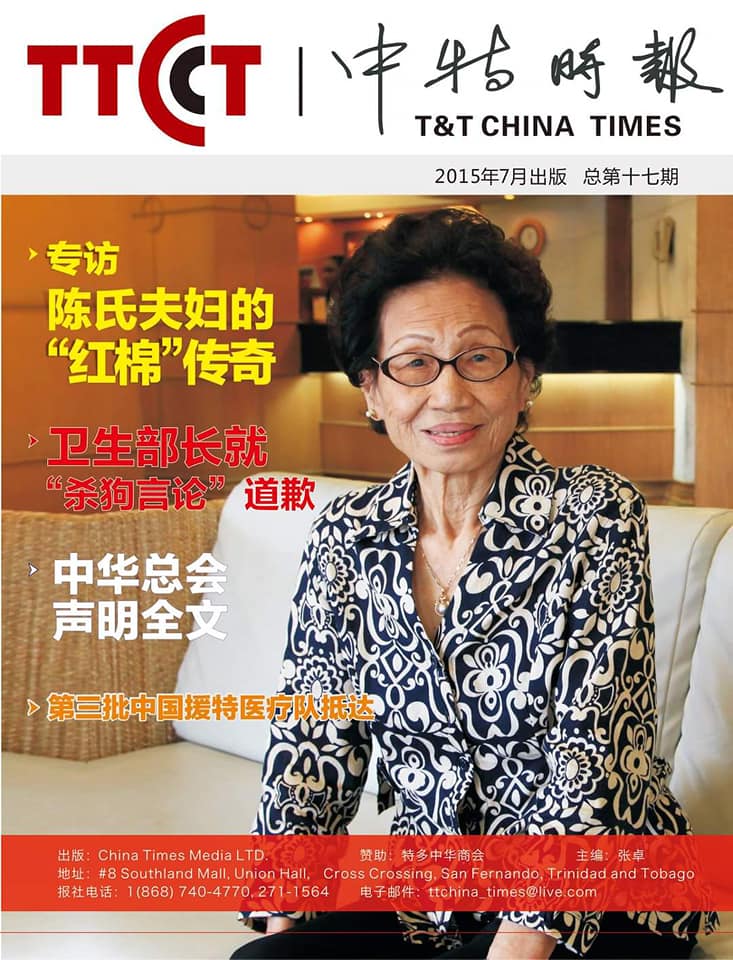
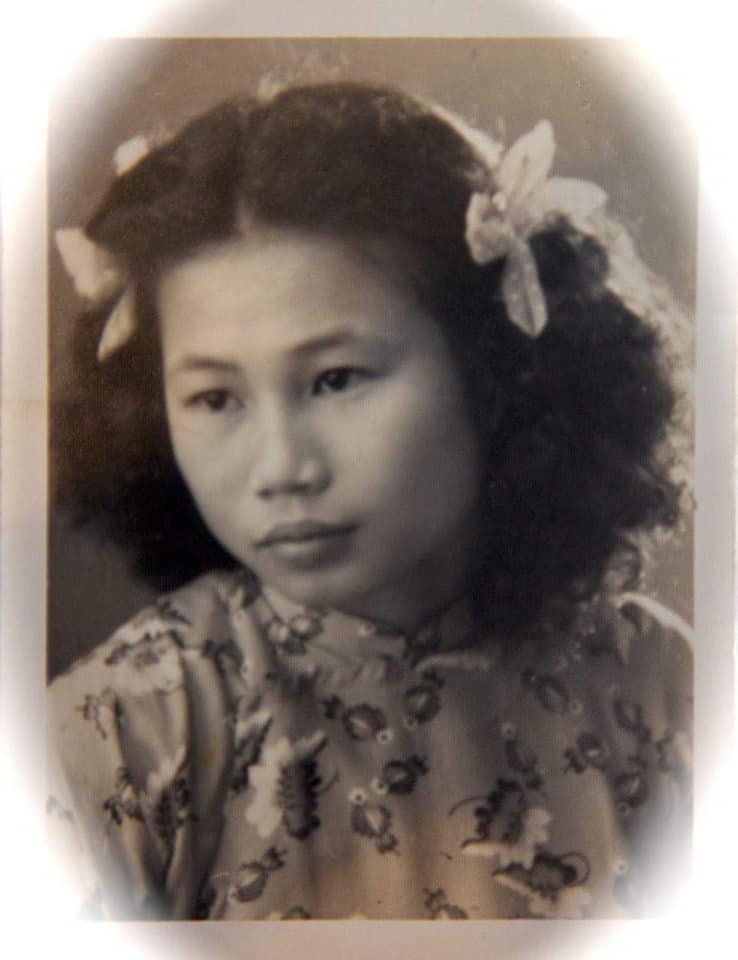
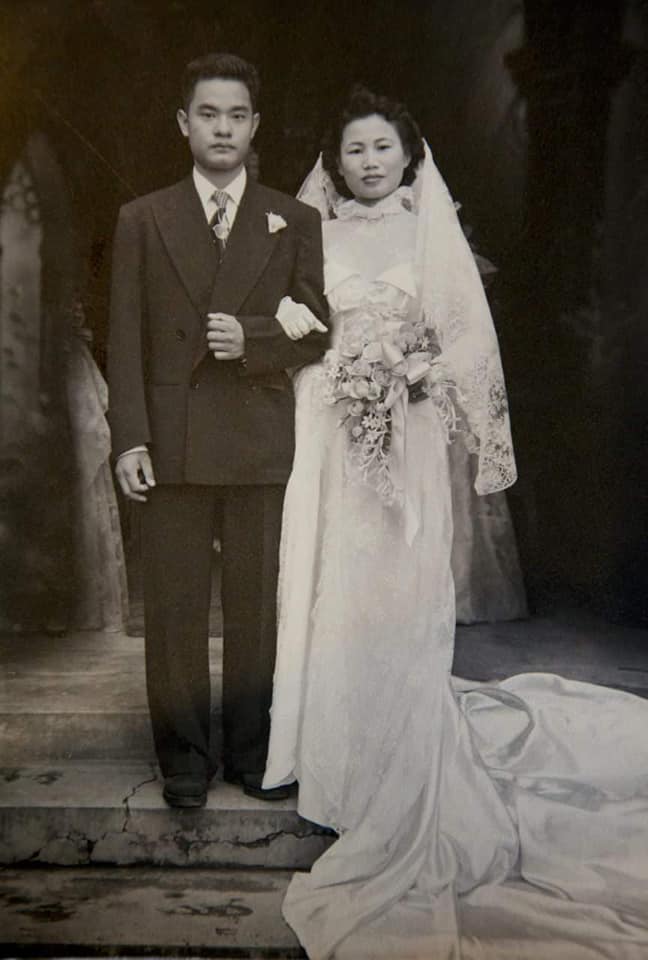
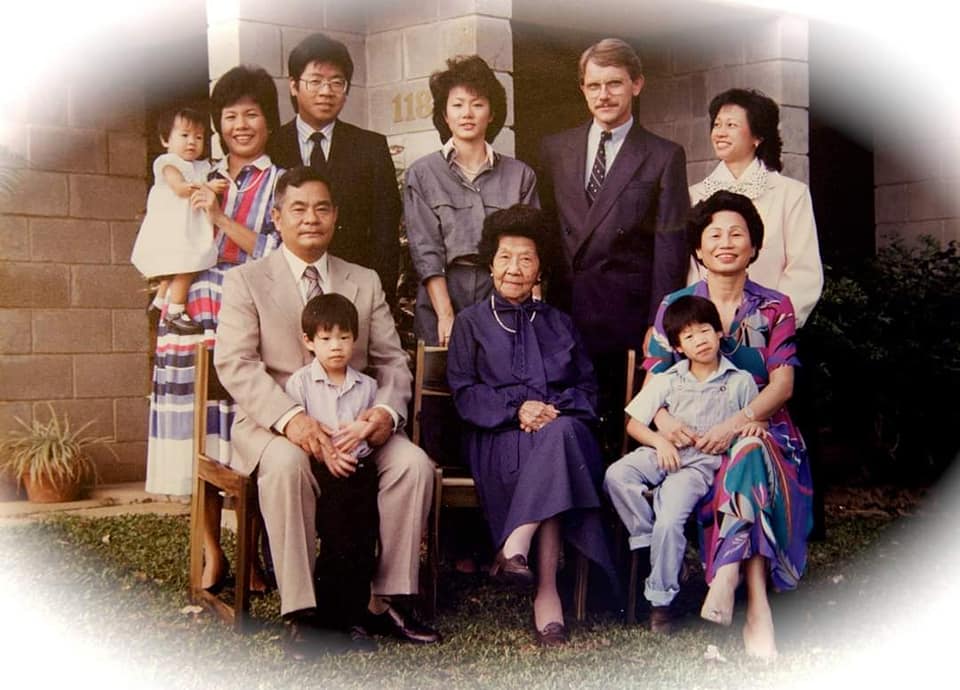
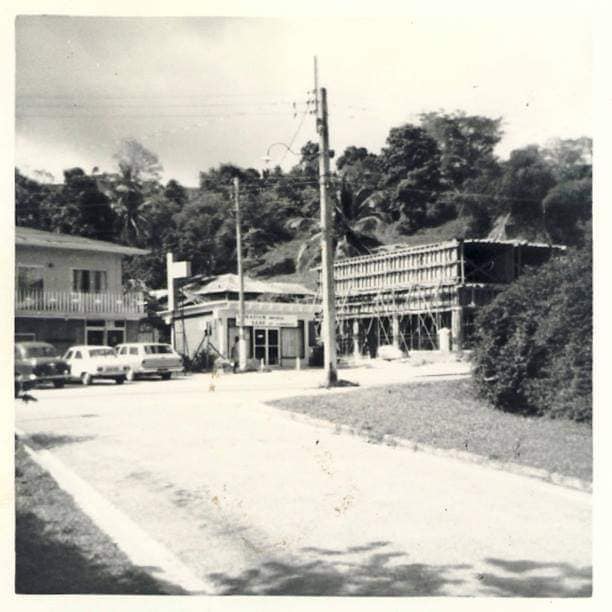


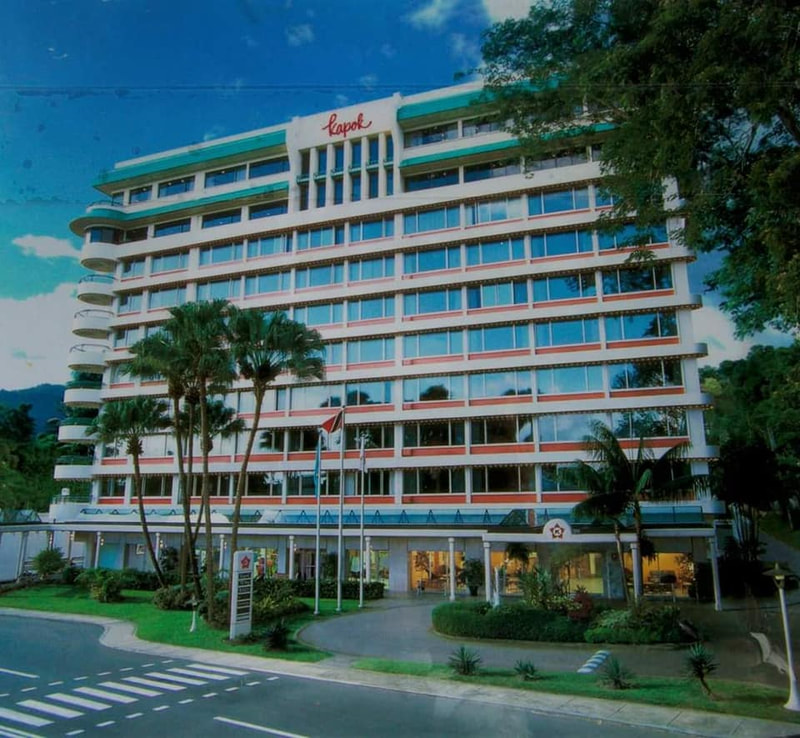


 RSS Feed
RSS Feed